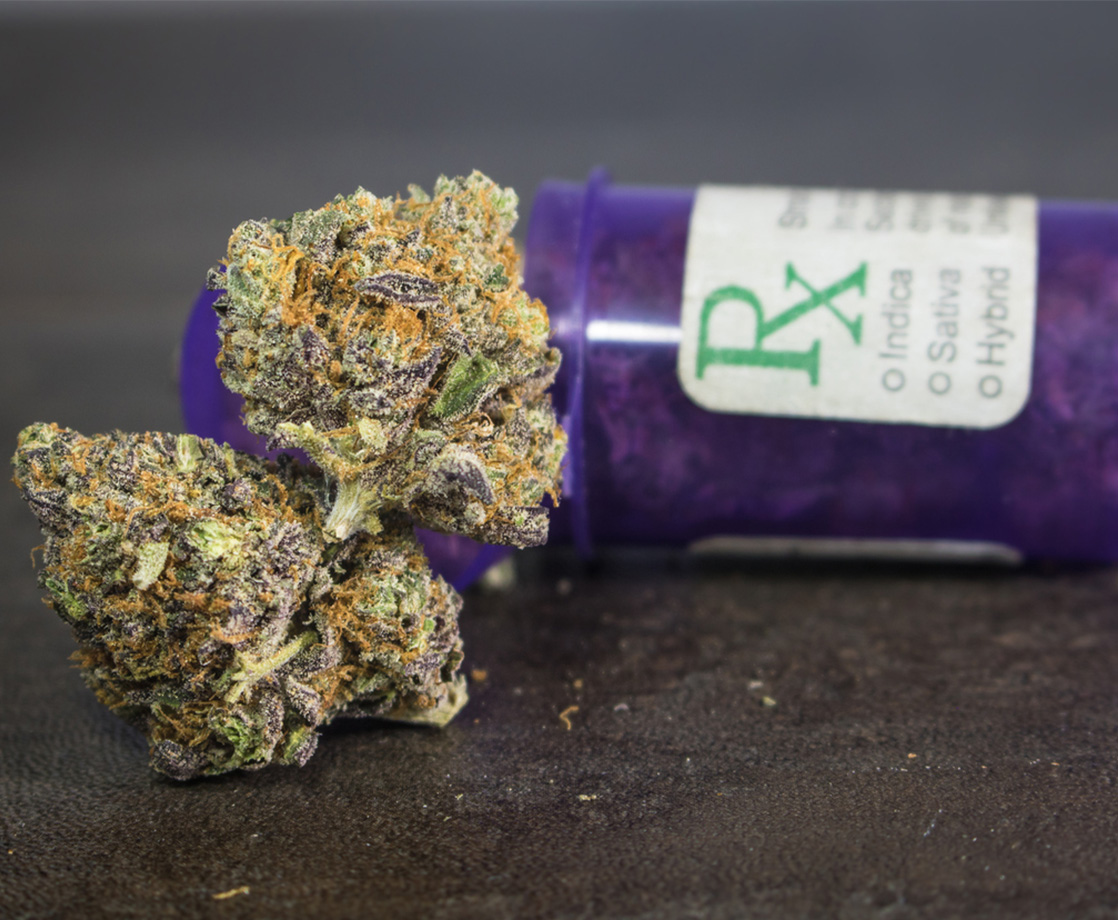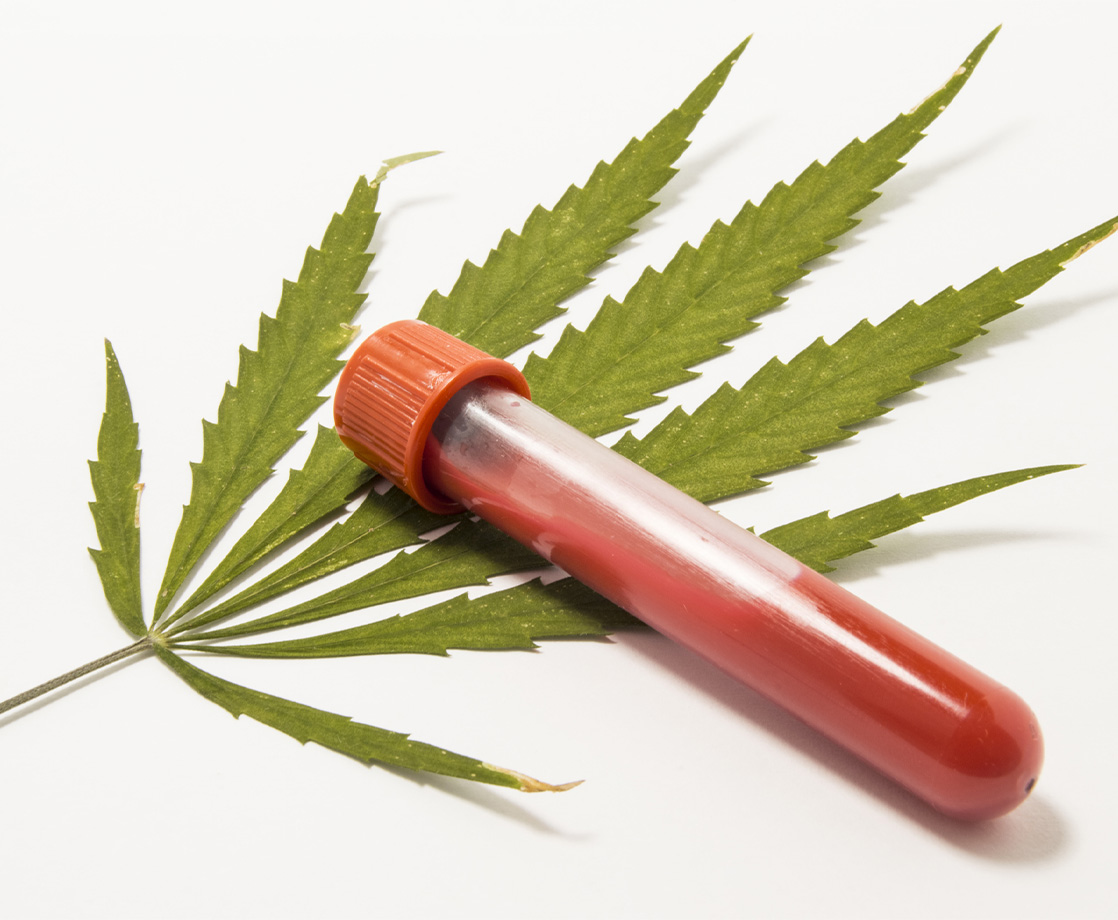California's legal weed growing pains are starting to sting. After six months of state-sanctioned adult-use pot sales, the emerging industry was reshuffled again at the beginning of July — a regulatory necessity that has left operators, from growhouse owners to budtenders, struggling to make ends meet.
According to concurrent reports from Marijuana Business Daily and the Visalia Times Delta, operators across the cannabis industry supply chain are faced with complications due to long lag times at licensed testing labs, intricate packaging and labeling standards, and the persistent black market. With a constant push-and-pull of compliance and competition, ganjapreneurs up and down the coast are left looking for a light at the end of the tunnel.
"The rose-colored glasses are off, and now it's, 'We're looking at the bottom line, and we're making decisions based on the bottom line,'" Chelsey Miles, a Sacramento-based accountant and cannabis industry consultant, told MJBiz Daily. She added that most of the state's licensed pot businesses are "breaking even, but I don't think they might be hitting their budget."
"[Operators'] eyes are more wide open as to what the actual industry is doing, as opposed to the green rush," Miles said.
When adult-use sales began in January of 2018, permitted businesses across the state were well aware that their licenses were temporary, and that final regulations and rules would be implemented after six months. But as July 1st approached and passed, and operators realized the high price and wait time behind packaging revamps and compliance testing, a huge number of growers, producers, distributors, and dispensaries have either failed to meet continued customer demand, or sacrificed profit to continue progress.
"We were working something at 7 cents per unit, and now it's 55 cents per unit [for child-resistant packaging], Tuan Le, director of business development for Oakland-based vaporizer company Brite Labs told MJBiz Daily.
At California's 31 licensed testing laboratories, technicians have been inundated with thousands of samples from the state's 3,105 temporary cultivation and 599 temporary manufacturing licensees, leading desperate operators waiting in the winds while lab employees analyze flower, edibles, distillate, and more for potency, pesticides, terpene profiles, and mold.
"Lots of people are scrambling," Josh Swider, co-owner of San Diego-based Infinite Chemical Analysis Labs (ICAL), told the Times Delta. "They're calling me every ten minutes saying, 'Where's my sample? Where's my sample?'"
But even once those test results are returned, there's no guarantee that the samples will pass the state's newly implemented standards. For the first six months of recreational sales, California dispensaries were allowed to sell untested product left over from the state's loosely regulated medical market. Now, with high prices and skill needed to produce clean product, growers and manufacturers are being rebuffed from the industry before they can even begin to worry about packaging. At ICAL, Swider estimates that up to 50% of Southern California's flower and 90% of its distillates, the refined oil used in vape cartridges, will not pass state pesticide regulations.
On the other end of the spectrum, there are some forward-thinking companies that sacrificed early industry profits for long-term goals, opting to produce compliant product and packaging from the jump, no matter the inflated cost. For those companies, business is booming, with many of their competitors falling off of shelves at licensed dispensaries over the past month.
"We can't get weed in jars fast enough… As soon as it gets in jars, it's gone," Hezekiah Allen, executive director of the California Growers Association, said to MJBiz Daily. "We need more weed, and we need more workers."
With only six months of business under its belt, California's legal weed complications are bringing up questions about the viability of small businesses in the local marketplace, how long the black market will thrive, and more. But despite those worries, the industry is still in its infant stages, and insiders are still confident that the Golden State green rush will emerge triumphant after its freshman slump.
"It's kind of the good, the bad, and the ugly at this point. We're seeing members that are at various ends of the spectrum," said Lindsay Robinson, executive director of the California Cannabis Industry Association. "It's going to be rough, and there are folks that don't end up making it through, but I am oddly optimistic."
Follow Zach Harris on Twitter











